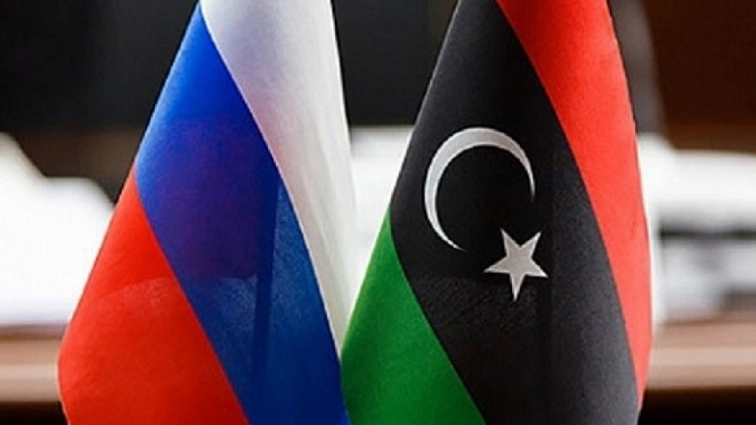Tripoli_ The Government of National Unity (GNU) called on Moscow to clarify the reasons leading it to warn Russian citizens not to travel to Libya, rejecting any attempt to harm the image of stability and security that the GNU has achieved with tireless efforts during the past period.
In a statement issued on Thursday 12 December, the Libyan Foreign Ministry and International Cooperation (FMIC) said it followed “with great interest” the Russian authorities’ warning of its citizens against traveling to Libya.
“It calls on its Russian counterpart to provide an urgent clarification on the motives and reasons for such warning,” the FMIC statement said. Adding that this request comes “within the framework of what bilateral relations require in terms of mutual respect and transparency.”
The Libyan officials in Tripoli might have been surprised by the unexpected move from Moscow whose embassy in Tripoli published on Thursday a rather strong warning against traveling to Libya on its web site: “Attention of citizens of Russia planning trips to Libya! We remind you that Libya is still not a tourist destination. The military-political situation in the country continues to be extremely tense, the use of law is electoral. Visiting the country for non-official purposes poses a risk to life and health.”
The Russian warning added, “we assume that the many beauties of Libya can wait a little. This also applies to the desire to cross the country by bus, car, motorcycle, bicycle, etc. in order to realize the dream of traveling all of North Africa or even the whole continent.”
At the same time, the FAIC’s statement shed some light on what may have been the reasons behind the Russian warning by confirming the arrest of a Russian citizen and that measures taken against him “were carried out in accordance with Libyan laws and legislation, and in full coordination with the Office of the Attorney General.”
Noting that the “initial investigations indicate that the person concerned is involved in activities that harm public order and aim to corrupt Libyan youth, in addition to having connections with foreign armed groups active in Africa.”
Tripoli stressed that any measures undertaken in this case come within the framework of maintaining national security, and as such it rejects any attempts to harm the image of stability achieved in Libya.
On a final note, the FAIC renewed its keenness to enhance constructive cooperation with all friendly countries, stressing that diplomatic dialogue is the basis for resolving any pending issues in a manner that serves common interests and respects the sovereignty and laws of countries.
Russia reopened its embassy in Tripoli in February 2024. At the reopening ceremony the Russian Ambassador Aidar Aganin stressed Moscow’s willingness to strengthen bilateral relations between Libya and Russia in all fields and to cooperate in economic, academic and development projects.
